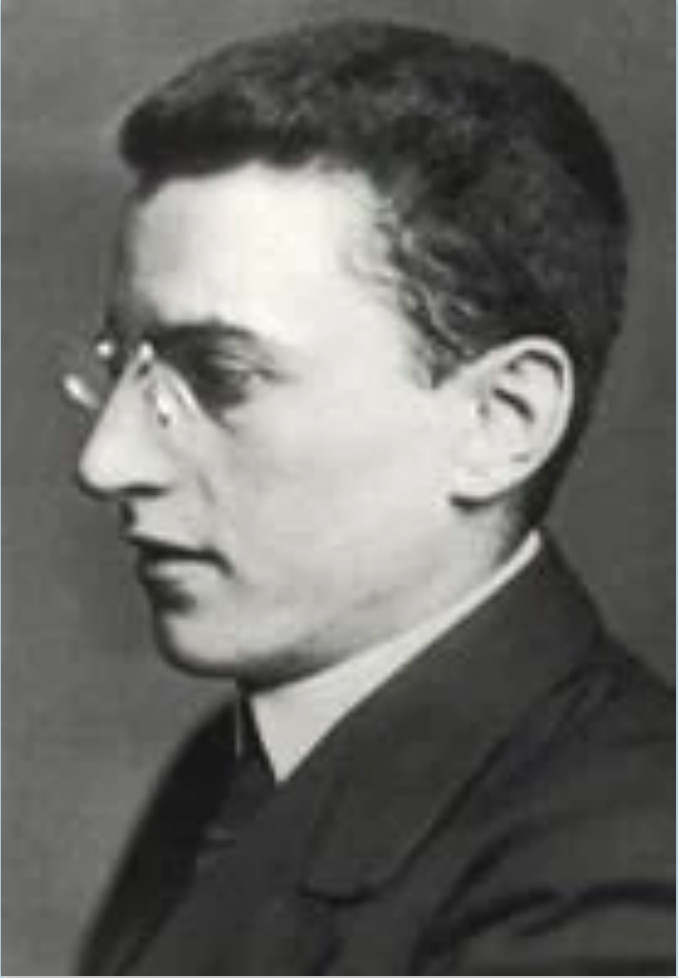
Fitz Wittels. Source: Alchetron
(free encyclopedia).
Fritz Wittels (1880-1950) was born and educated in Vienna, attending the University of Vienna and the Vienna General Hospital where he studied Medicine from 1898, becoming an MD in 1904. At this time Wittels gained valuable experience as assistant to the noted Viennese Chief of Psychiatry, Julius Wagner von Jauregg (1857-1940), an almost exact contemporary of Freud, and a later Nobel Prize recipient for his malaria therapy. In 1907 Wittel's uncle Isidor Sadger took Wittels to a meeting of the Wednesday Psychological Society (see Freud chronology, 1902), along with an introduction to Freud himself (Jones 1955, "Emergence from Isolation"). Wittels, then working at the Vienna Cottage Sanatorium, appears to have maintained an observant and background position, not pushing himself forward ambitiously as did others such as Alfred Adler and Wilhelm Stekel. This undoubtedly endeared Wittels to Freud, though the relationship was to be short-lived.
By 1910 Wittels had resigned from the Vienna Psychoanalytical Society, probably on account of his differing interests, which leaned towards the problems of women and children. By 1924, however, and perhaps on hearing the news of Freud's illness at that time, Wittels was drawn to writing an early - indeed the first - "Life" of Freud, and to seeking a successful rapprochement with Freud and the Vienna Psa. Society. His early biography of the founder of psychoanalysis, delivered personally to Freud, was judged as "shrewd" in parts, and later used by Freud's major biographer, Ernest Jones (1879-1958). Wittels emigrated from Hitler's Europe and died in New York.
Bibliography
Jones, Ernest. The Life and Work of Sigmund Freud. Vol. 2. London: Hogarth Press, 1955.
Timms, E. (ed.). Freud and the Child Woman: the Memoirs of Fritz Wittels. New Haven: Yale University Press, 1995.
Wittels, Fritz. Sigmund Freud: der Mann, die Lehre, die Schule (Sigmund Freud: The Man, The Teaching, The School). Leipzig: Tal, 1924.
_____. Sigmund Freud, his personality, his teaching and his school. Trans. by C. and E. Paul. London: Allen & Unwin, 1924.
Created 15 March 2021